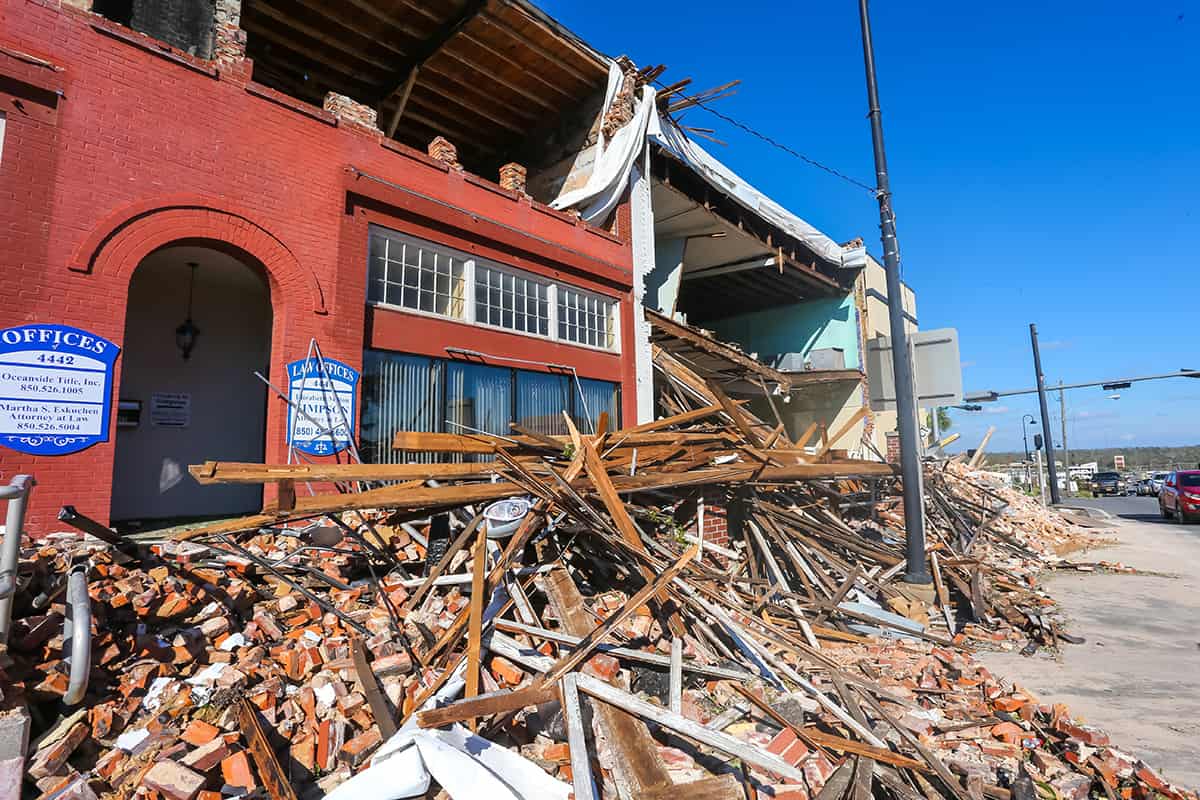Public Insurance Adjusters advocate for the individual, not an insurance company.
Let’s face it; insurance companies are in the business of making money. Homeowners often learn the hard way that insurance providers often do not provide the coverage the homeowner is sure they are due, especially after named storms ravage our coastline. While some homeowners can pay for the repairs out of pocket, this is not the case for so many, often refinancing their homes or taking out an equity loan to make repairs. Few people know about Builder’s Perspective Public Adjusting – an organization of public insurance adjusters serving the individual.
Public insurance adjusters are NOT attached to your insurance provider.
A Public Insurance Adjuster, or “PA” for short, is a licensed and bonded insurance professional who assists policyholders – homeowners, business owners, condo associations, government entities, hoteliers, etc. – with the complicated insurance claim process after they suffer an insured loss, such as wind, fire, or water damage whether accidental or from natural disasters.
Insurance companies hire staff and “independent” adjusters to represent their interest in a loss. Their adjusters visit and inspect your property to estimate the damages on behalf of their employer – the insurance company. The job of a PA is very similar in that they will also come out to evaluate and estimate your loss, but they will look out for your best interest instead of your policyholder. They advocate on your behalf to ensure claims are paid fairly.
Now that you know what a PA does, how do you choose one? As with all professions, some public adjusters are better than others. There are certain qualities you should look for when deciding to hire a PA. Although you hire a public adjuster for an insurance claim, insurance issues only play a tiny part in the process. Once coverage is determined, the claim turns into a construction project, and that is where the underpayment of claims typically occurs. Most underpaid claims are due to two reasons: lack of construction knowledge by the insurance company’s adjuster or their lack of understanding of the estimating software. If your claim has been underpaid, you should look for a public adjuster with a thorough background in all three aspects of your claim – construction, estimating, and insurance. Choosing one with similar qualifications as the adjuster sent out by the insurance company will likely produce similar results.
What should you look for in a PA? Always do your research when you see a string of credentials following the adjuster’s name. For example, you may see one public adjuster with CPAU after their name and another with CPCU. They look similar, and you may think they’re both credible and qualified to help you. However, CPAU stands for Certified Property Appraiser and Umpire. It takes a three-hour class and around $100 to earn those letters. CPCU stands for Chartered Property and Casualty Underwriter. It is considered the “gold standard” in the property insurance industry and average 2-3 years to complete. Knowing who is on your team is of the utmost importance.
If you have questions about your claim or just need some friendly advice, contact Michael Vitale at Builder’s Perspective Public Adjusting – (850) 930-BPPA. Visit BPPA.com for additional information.






